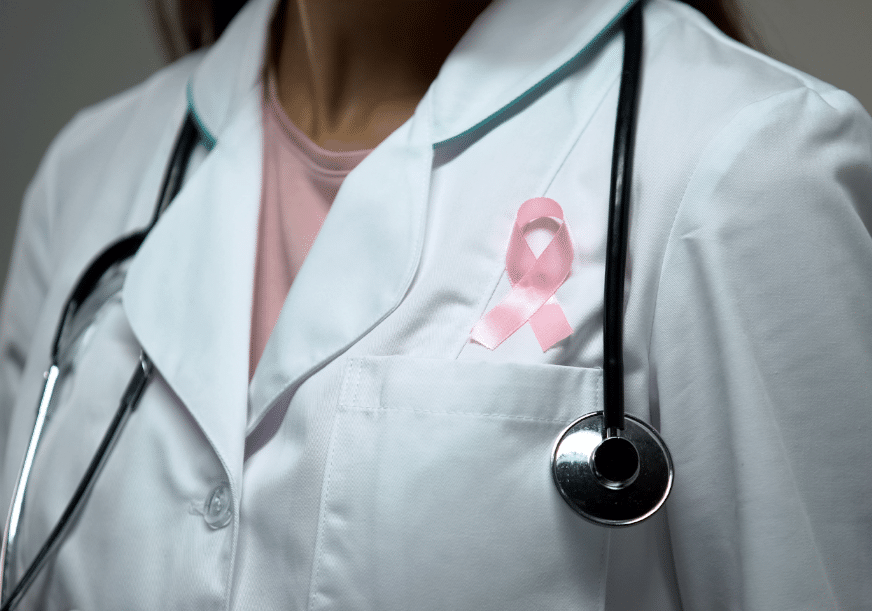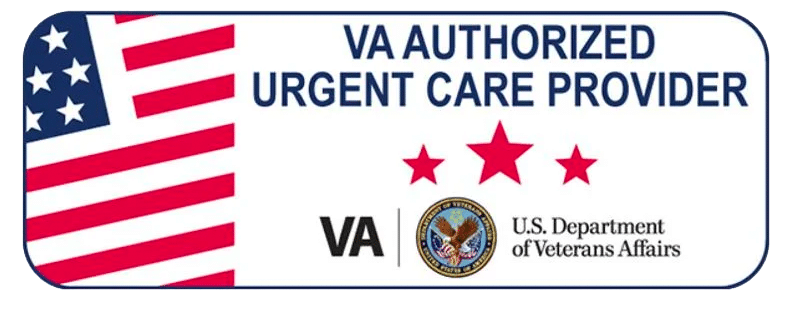October is Breast Cancer Awareness Month and our team at Integrity Urgent Care knows that many in each of our communities have been impacted by breast cancer, either themselves, a family member, or friend. In fact, according to the American Cancer Society, the risk of a woman developing breast cancer in the United States is 13%, making it common for it to impact us in some way. Detecting early signs of breast cancer is vital for treatment and best outcomes.
Regular Screenings
Around the age of 40, a low risk woman should consider beginning to get mammograms which are low dose x-rays of the breast. Often times these x-rays can detect issues and concerns before they are even considered cancer allowing for physicians to make treatment plans for their patients. While a mammogram is not 100% effective, many cases are detected early enough for good outcomes for women across the United States. Ultrasound is being used more and more with detection of breast cancer particularly because ultrasound can detect the differences between solid masses (which need a biopsy) and fluid filled cysts (which are not usually cancer).
Regular Self-Exam
The American Cancer Society states regular exams, both clinical and self, have “not shown a clear benefit” and there “is little evidence that these tests help find breast cancer early when women also get screening mammograms.” This does not entirely discount self-exams, but argues that mammograms are much more effective at early detection. It is important to be familiar with your own body and note any irregularities found during regular bathing or dressing to a health care provider. Many physicians and individuals choose to continue with exams to provide a baseline of understanding of what is normal and abnormal.
Signs and Symptoms
There are very few symptoms of breast cancer. The most common is finding a lump in the breast during regular activity or exam. Other symptoms might be skin dimpling, swelling in the breast or lymph nodes, or irregularities with the nipple (pain, retraction, or discharge). These symptoms may not ever be seen in a patient with breast cancer however, which is why screening is so important for detection. If you have these symptoms, you will be referred on for a mammogram to give a better view of what is taking place inside your body.
Family History
If you have a family history of breast cancer, you may want to consider further testing and more regular screenings. Those with a direct relative (parent, sibling, child) with breast cancer or with certain gene mutations may want to pursue genetic testing and advanced testing themselves. By speaking with a health provider, they can inform you on your family risk and what steps you should take next.
If you need to schedule a screening or need to speak with more with a medical professional about early detection of breast cancer, contact us. We have resources for you to consider in this important step. For other health needs and concerns, you can come visit us, today.




